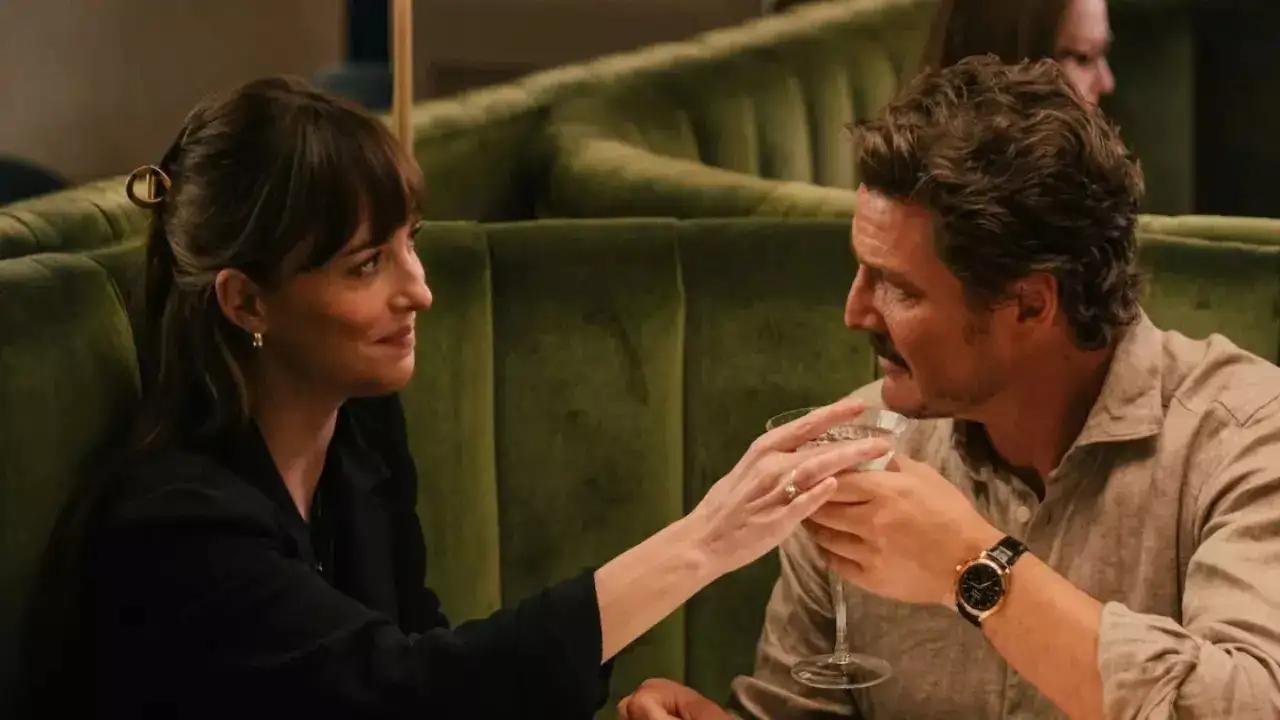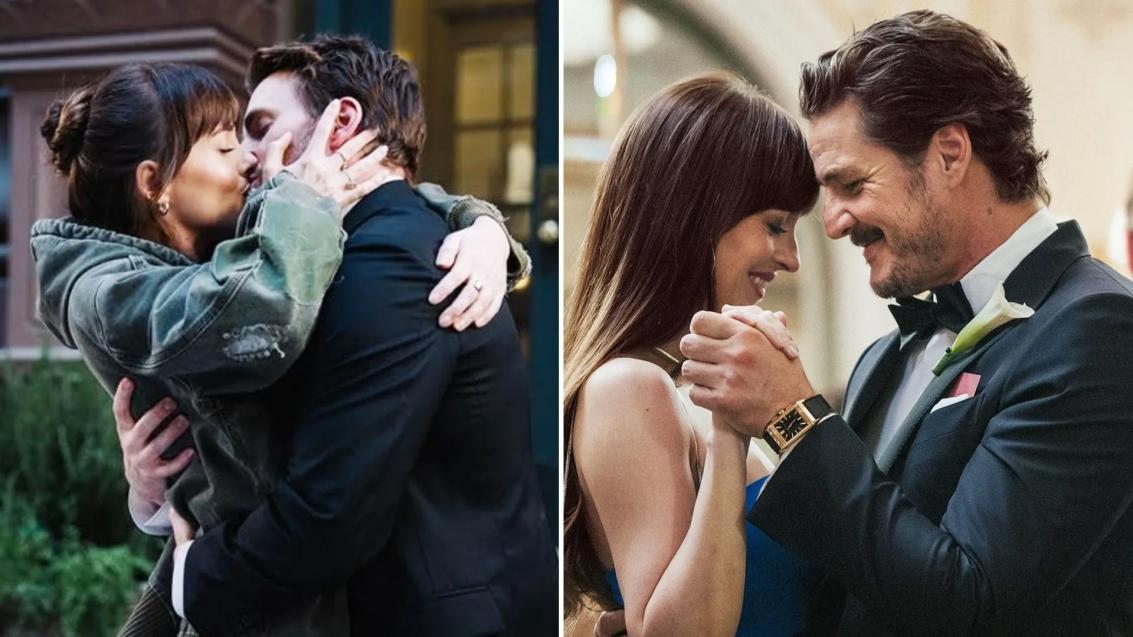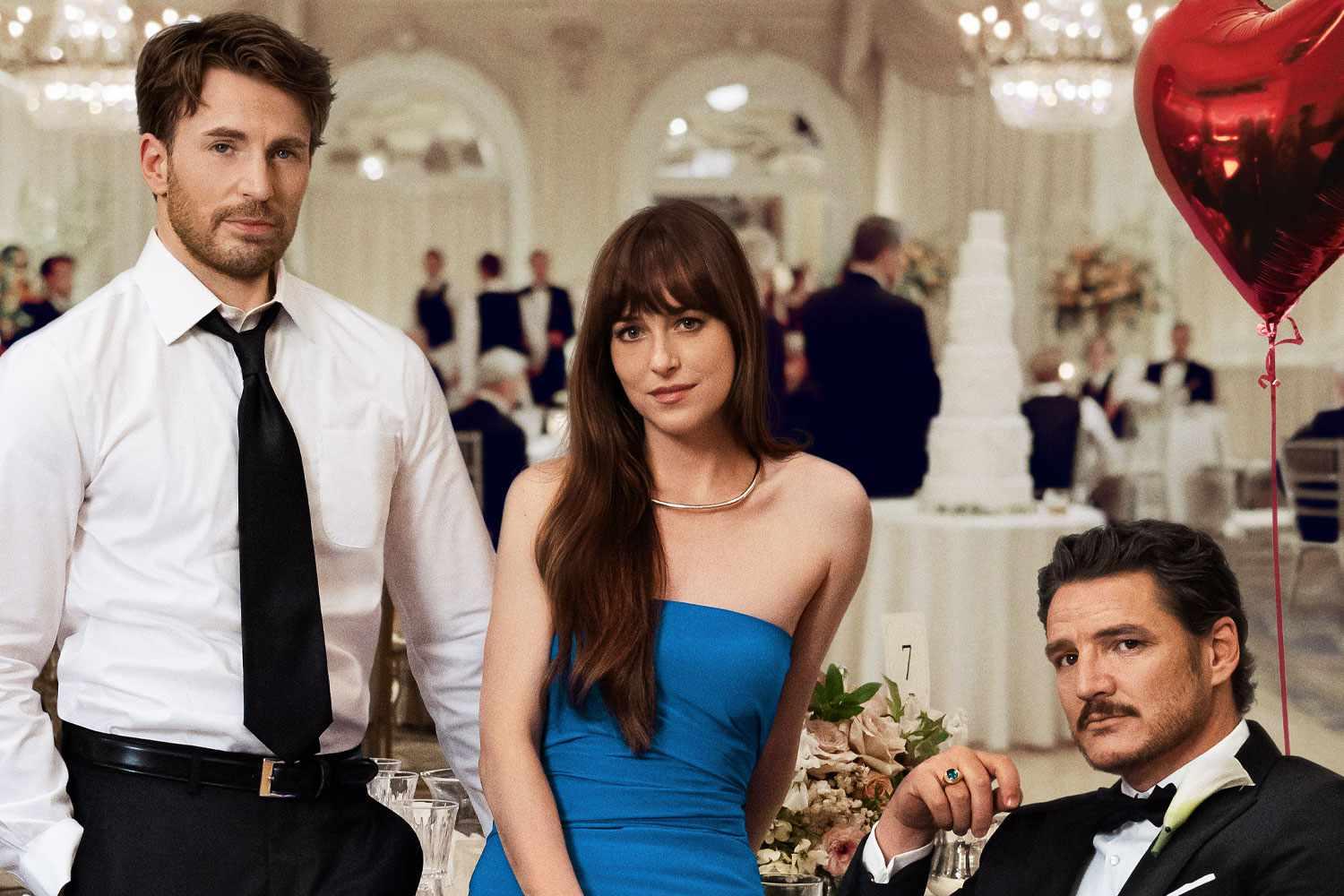The 2025 film Materialists, directed by Celine Song, is a sharp, introspective exploration of love in a world where material wealth often dictates the terms of relationships. Building on the emotional depth of Song’s previous work, Past Lives, this film dissects the delicate balance between romance and pragmatism, posing a timeless question: Can love survive without financial security? Through the story of Lucy, a matchmaker navigating the elite dating scene in New York, Materialists unveils the harsh realities of modern relationships, where money is both a silent partner and a loud disruptor.

Like Blue Valentine or La La Land, Materialists reminds us that love alone is rarely enough. The film’s title, translating to “those who follow materialism,” is a fitting lens for its narrative. It portrays a society where economic stability stings the purity of romance, creating a cycle of arguments, loneliness, and regret. Lucy’s journey, caught between a wealthy suitor and a penniless ex-lover, forces viewers to confront uncomfortable truths about the role of money in love and whether pragmatism in relationships is a betrayal of the heart or a necessity for survival.

Lucy, played with nuanced vulnerability by Dakota Johnson, is a matchmaker at Ador, a high-end agency catering to New York’s elite. Her job has made her an expert in the currency of modern dating—appearance, wealth, and status. She orchestrates “perfect” matches, convincing clients that marriage is a sound investment, not just an emotional bond. Her own upbringing in poverty, coupled with ongoing financial struggles, shapes her belief that love and money are inseparable. When Harry, a charismatic financier portrayed by Pedro Pascal, enters her life, he represents everything she’s been taught to value: wealth, security, and status. Harry, born into a family of financial titans, is a “unicorn partner”—rare, desirable, and unattainable for most. His presence commands attention, and his pursuit of Lucy feels like a fairy tale, albeit one with a calculated edge.

Yet, Lucy’s past resurfaces with John, her ex-boyfriend, played by a soulful Chris Evans. John, a struggling artist and part-time waiter, embodies the romantic ideal—passionate, free-spirited, but financially unstable. Their five-year relationship ended in fights over money, from parking fees to cramped apartments, leaving Lucy scarred by the chaos of loving someone without means. John’s reappearance stirs her longing for a love untainted by materialism, but his poverty makes him a risky bet in her carefully curated world.

Song’s storytelling shines in the film’s razor-sharp dialogue and subtle details. The characters, all in their 30s and 40s, reflect a stage of life where choices carry weight, and the future feels like a narrowing path. A poignant exchange between Lucy and John questions the purpose of marriage, painting it as a cycle of resentment and regret for many. Yet, the film doesn’t condemn marriage or materialism outright. Instead, it exposes the flaws in equating love with a flawless profile—wealth, education, and looks—while ignoring emotional compatibility. Lucy’s realization that her matchmaking criteria prioritize surface-level attributes over genuine connection is a gut-punch moment, mirrored by a client’s traumatic experience with a “perfect” match.
The film’s central tension lies in Lucy’s relationships with Harry and John, which lack the chemistry of a classic romance by design. Harry and Lucy perform the roles of an ideal couple, their interactions polished but hollow. Harry’s wealth offers Lucy security, but his need for control—evident in his curated lifestyle and a rushed proposal—leaves her feeling like a depreciating asset. John, meanwhile, offers love and familiarity, symbolized by a perfectly mixed Coca-Cola and beer, but his instability threatens the life Lucy has fought to build. Their reunion is tender but fraught, underscoring the film’s core conflict: love feels priceless, but poverty makes it unsustainable.

Materialists doesn’t provide easy answers. It challenges viewers to weigh their own values—security versus passion, pragmatism versus idealism. The film’s climax, set against a wedding where an elderly couple speaks of love as “the last religion,” suggests that love remains a beacon, even in a materialistic world. Lucy’s final choice, left ambiguous, invites introspection. As Song’s narrative implies, there’s no perfect decision, only the courage to live with the one you make.
Ultimately, Materialists is a mirror for our times, where financial pressures shape even the most intimate bonds. It’s a reminder that while money can amplify romance, only love gives it meaning. In a society obsessed with status, the film dares us to believe in love’s enduring value, even when it comes at a cost.





